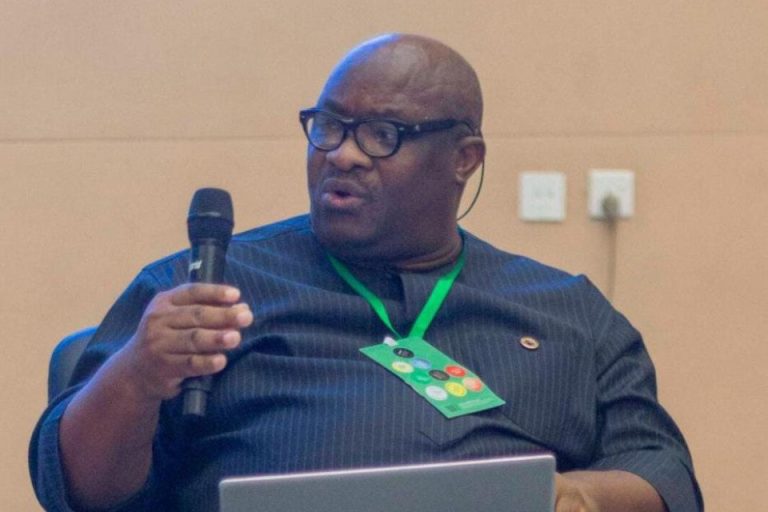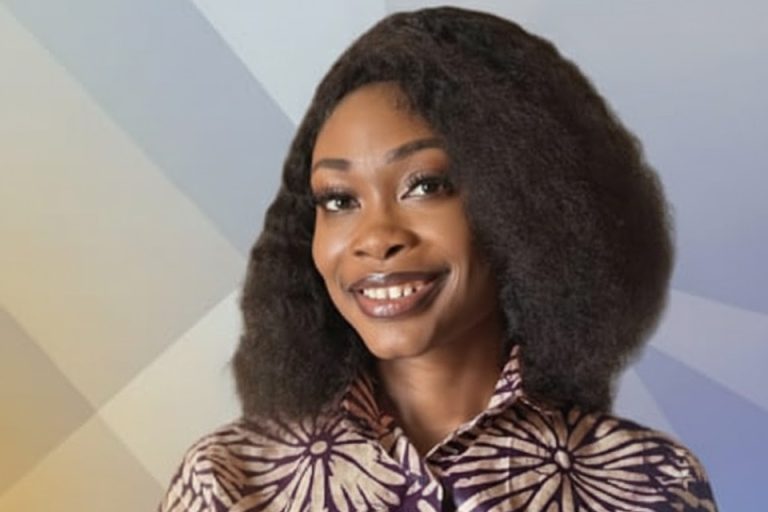Media Rights Agenda (MRA) has been admitted to the United Nations Educational, Cultural and Scientific Organisation’s (UNESCO) Global CSO and Academic Network on AI Ethics and Policy, an initiative that aims to facilitate advocacy, knowledge exchange, and collaboration to widen civil society participation in the global Artificial Intelligence (AI) governance landscape.
Facilitated by UNESCO, the Network offers a dedicated platform for civil society organisations (CSOs), academic institutions, and other stakeholders to come together, share expertise, and contribute to the discourse on governance of AI technologies globally. It was launched in June 2025 at the third Global Forum on the Ethics of AI held in Bangkok, Thailand.
MRA’s admission to the Network was conveyed to the organisation by UNESCO’s Ethics of AI Team in a July 16, 2025, email.
The Network is guided by three central aims, namely to:
• Promote the role and position of civil society and academic institutions in global AI governance processes.
• Foster collaboration, advocacy, and knowledge exchange between CSOs, academic institutions, as well as other stakeholders, including UNESCO, to address the complex challenges posed by AI.
• Serve as a platform for sustained cooperation and impact, rooted in human rights and democratic principles.
The Network’s specific objectives and scope of work are defined through a participatory and inclusive process, allowing members to actively participate in shaping its direction and activities.
Grounded in the principles of UNESCO’s 2021 Recommendation on the Ethics of AI, the Network provides CSOs and academic institutions with possibilities to support its practical implementation.
The 2021 Recommendation is the first-ever global normative instrument in its domain and was adopted by the General Conference of UNESCO at its 41st session held in November 2021. It serves as a comprehensive framework for the ethical development and use of AI and affirms the essential role of CSOs in shaping responsible, inclusive AI development by safeguarding human rights, raising public awareness of AI’s societal challenges and benefits, including socio-economic and psychological impacts, and emphasizes ensuring civil society’s legitimacy and participation in inclusive AI governance, a commitment reflected by the Network in advancing these objectives to foster resilient, inclusive civil societies globally.
The Network is led by a multi-stakeholder Coordination Group with the following members: Saida Belouali, a professor of Applied Ethics and AI Ethics at the Mohammed Premier University in Morocco, representing Afriq’AI Institute: Constanza Gómez Mont, the founder and President of C Minds, a women-led think-and-action-tank based in Mexico and focused on the intersection of tech, society, and the environment in Latin America; Dr. Jean Cattan, secretary general of the French Digital Council (Conseil national du numérique) in France; Jamila Venturini, co-Executive Director of Derechos Digitales, a non-profit organization based in Chile that defends and promotes human rights in digital environments in Latin America; Axel Dauchez, founder of Make.org, an independent civic tech organization based in France, with a mission to engage people in the positive transformation of society; and Dr. Hesham Dinana, a professor of Integrated Marketing Communications (IMC) at the American University in Cairo as well as Vice President and Board member of EiTESAL NGO, a non-profit organization in Egypt supporting the ICT industry.
Other members are Anita Gurumurthy, Executive director of IT for Change, an NGO based in India that works at the intersection of development and digital technologies; Sandra Coresi from the Network of Centers (NoC), a collaborative initiative among academic institutions with a focus on interdisciplinary research on the development, social impact, policy implications, and legal issues concerning the Internet; Constance De Leusse, Executive Director of the Technology and Global Affairs Innovation Hub at the Paris School of International Affairs (university of Sciences Po) in France; Connor Dunlop, Acting Head of EU and Global Governance at the Ada Lovelace Institute in Belgium; Niki Iliadis, Director, Global AI Governance at The Future Society in the United States; and Kelly Forbes, President and Executive Director of the AI Asia Pacific Institute.
Achim Rosemann of UNESCO’s Ethics of AI Unit, serves as Network Coordinator.





